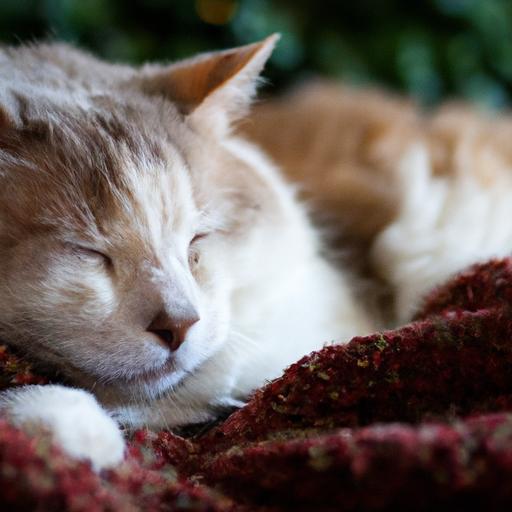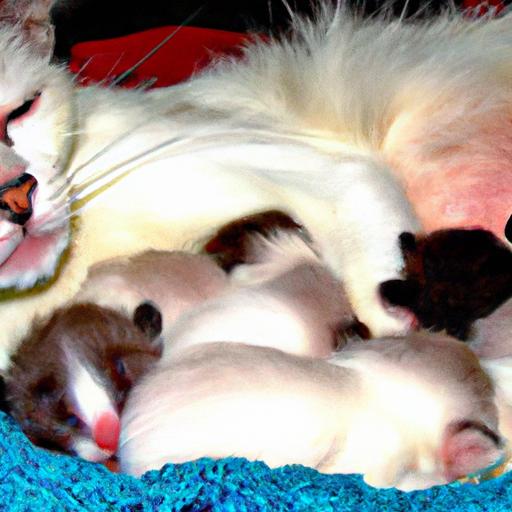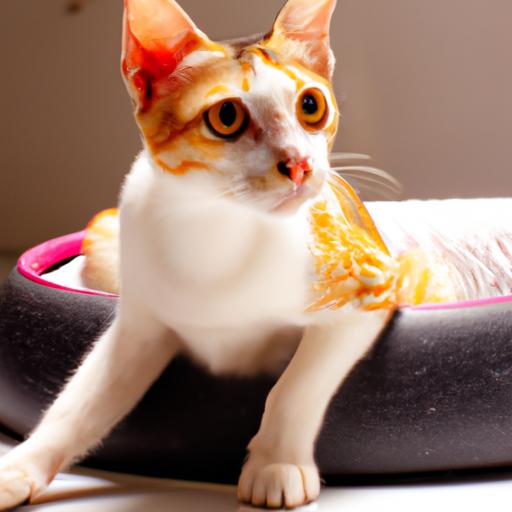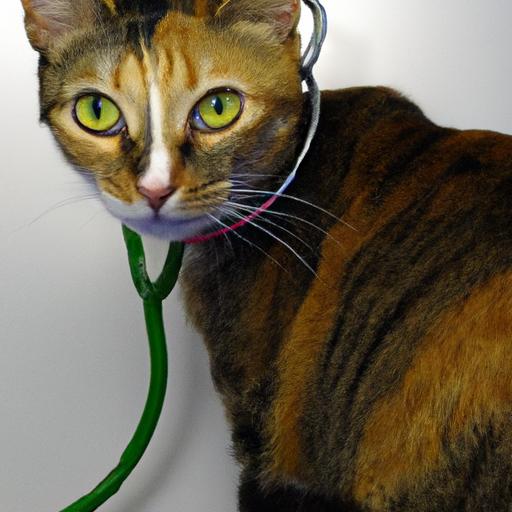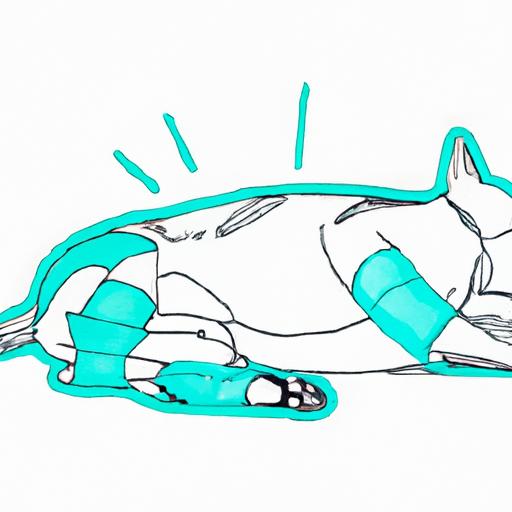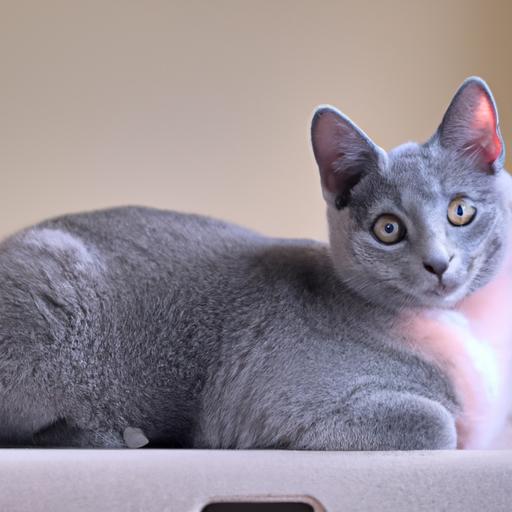
Feline Behavioral Changes: A Sign of Illness?
Discover if feline behavioral changes could signal illness. Learn to recognize the signs and when to seek veterinary help for your beloved cat’s health.
Introduction
As pet owners, we know that our feline friends have unique personalities and behaviors. Sometimes, however, our cats may exhibit unusual behavioral changes that leave us wondering if something is wrong. In this article, we will explore the topic of feline behavioral changes and their potential connection to illness. By understanding these changes and knowing when to seek veterinary assistance, we can ensure the well-being of our beloved cats.

Understanding Feline Behavioral Changes
Cats have their own set of normal behavior patterns, and it’s essential to familiarize ourselves with these to recognize when something is amiss. From grooming rituals to playtime antics, each cat has its own routine. When changes occur, it can be a sign that something is not quite right.
Some common behavioral changes in cats that may indicate illness include:
- Increased aggression or irritability
- Excessive vocalization or sudden silence
- Changes in appetite or drinking habits
- Litter box aversion or irregularities
- Excessive hiding or withdrawal
- Uncharacteristic aggression towards humans or other pets
- Changes in sleep patterns
While occasional variations in behavior may not be cause for concern, persistent or drastic changes are worth investigating further.
FAQ: Frequently Asked Questions about Feline Behavioral Changes and Illness
What are some common signs of illness in cats?
Common signs of illness in cats include changes in appetite, weight loss or gain, lethargy, vomiting, diarrhea, coughing, sneezing, excessive grooming, and changes in urination habits. These signs, combined with behavioral changes, can provide valuable clues about your cat’s health.
How can I differentiate between normal and abnormal behavioral changes?
Differentiating between normal and abnormal behavioral changes can be challenging. It’s crucial to understand your cat’s typical behavior and routines. If the changes are sudden, persistent, or significantly deviate from your cat’s usual patterns, it’s wise to consult with a veterinarian for a professional evaluation.
Should I consult a veterinarian for every behavioral change in my cat?
Not every minor behavioral change warrants a trip to the veterinarian. However, if the changes are severe, persistent, or accompanied by other concerning symptoms, it’s best to seek professional advice. Veterinarians are trained to assess both physical and behavioral aspects of a cat’s health and can provide valuable insights.
Can behavioral changes be a result of non-medical factors?
Yes, behavioral changes can sometimes be attributed to non-medical factors such as changes in the environment, routine, or social dynamics. Cats are sensitive creatures, and alterations in their surroundings can impact their behavior. However, it’s important to rule out any underlying medical conditions before assuming that the changes are solely due to non-medical factors.
Conclusion
Understanding our feline companions’ behavior is crucial for detecting potential health issues. By paying attention to behavioral changes and seeking veterinary assistance when necessary, we can ensure the well-being of our cats. Remember, no one knows your cat better than you do, so trust your instincts and be proactive in addressing any concerns. By doing so, you’ll be providing the best possible care for your furry friend and promoting a happy and healthy life.
Remember, your cat’s behavior can be an indicator of their overall health. Don’t hesitate to consult with your veterinarian if you notice any significant or persistent changes in your cat’s behavior. By being observant and proactive, you can catch potential illnesses early and provide the necessary care to keep your feline friend thriving.


